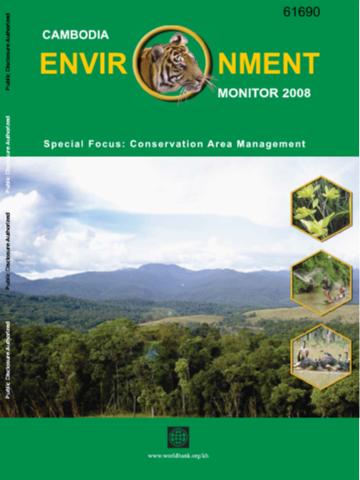Natural Conservationists? Evaluating the Impact of Pastoralist Land Use Practices on Tanzania's Wildlife Economy
The land management practices of pastoralist Maasai communities have a major bearing on landscapes and wildlife habitats in northern Tanzania. Pastoralists manage lands according to locally devised rules designed to manage and conserve key resources such as pastures and water sources. Dry season grazing reserves are an important part of traditional land management systems in many pastoralist communities, providing a ‘grass bank’ for livestock to consume during the long dry season when forage invariably becomes scarce and domestic animals are stressed for water and nutrients.



